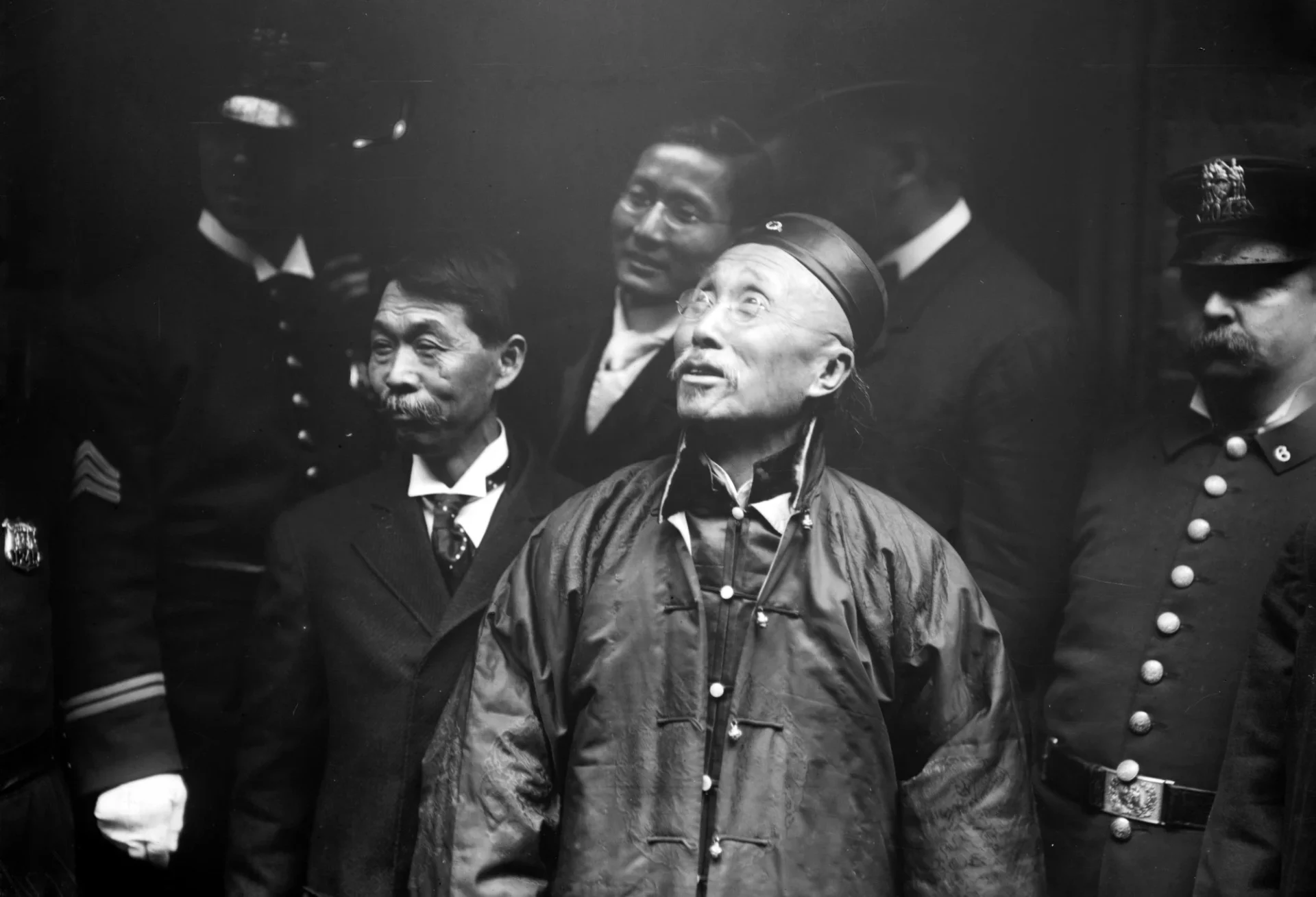When Wu Tingfang, the first English-speaking Chinese minister to the United States, arrived in Washington in 1897, China’s very existence as a state was in jeopardy. Wu’s unique bicultural background, combining traditional Chinese education with Western legal training, positioned him as a crucial figure in US-China relations. Born Ng Choy in 1842, Wu received his education in both mainland China and Hong Kong, later earning a law degree from London’s prestigious Lincoln’s Inn. His legal expertise and fluency in English paved the way for his diplomatic career.
Wu’s arrival in Washington marked a significant shift in the Chinese approach to international diplomacy. Known for his mastery of English and his open, sociable nature, he quickly became a popular figure in diplomatic circles. He hosted dinners that attracted key US cabinet members, fostering strong personal and professional ties with influential figures such as Secretary of State John Hay and President William McKinley. His efforts were instrumental in ensuring Chinese neutrality during the Spanish-American War, keeping Chinese ports open to the US Navy.
Wu’s public diplomacy extended beyond the corridors of power. He engaged with the American public through numerous speeches and articles, addressing topics ranging from Confucianism and Christianity to the unfairness of the Chinese Exclusion Act. His articulate and engaging presence helped shape a more favorable view of China among Americans.
The Boxer Rebellion in 1900 tested Wu’s diplomatic skills to the utmost. As anti-foreign sentiments surged in China, Wu worked tirelessly to calm tensions and prevent a full-scale partition of China by foreign powers. His efforts culminated in the successful delivery of a crucial message to the besieged US legation in Peking, confirming the survival of American diplomats and averting immediate crisis. This act of diplomacy earned him widespread praise in the United States.
However, Wu’s attempts to block the renewal of the Chinese Exclusion Act faced significant resistance. Despite making initial progress in changing public opinion, the assassination of President McKinley and the rise of Theodore Roosevelt, coupled with mounting domestic opposition, thwarted his efforts. The renewal of the Exclusion Act underscored the challenges of navigating American domestic politics.
After nearly five years in the US, Wu returned to China, where he continued to serve his country, eventually becoming foreign minister and acting prime minister in the Republican government. Wu Tingfang’s legacy as a diplomat who bridged cultures and fought for his country’s sovereignty remains influential. He passed away in 1922, leaving behind a lasting impact on US-China relations.
READ MORE:
